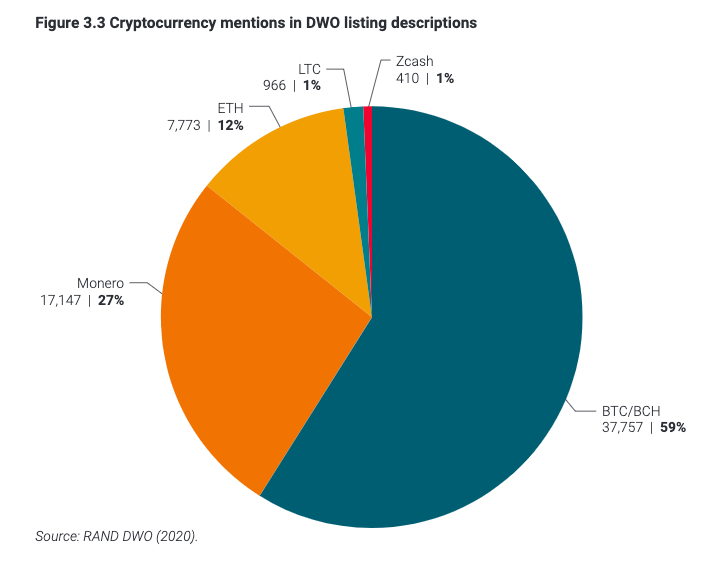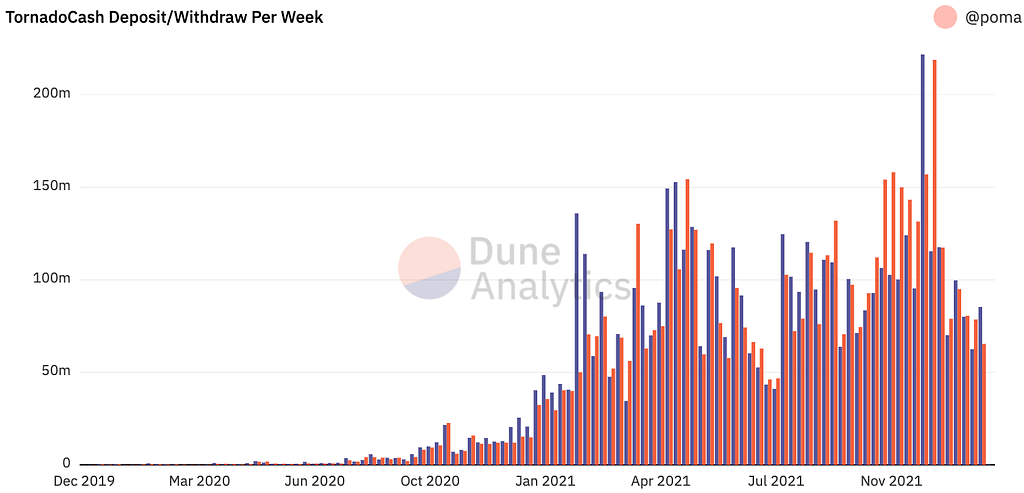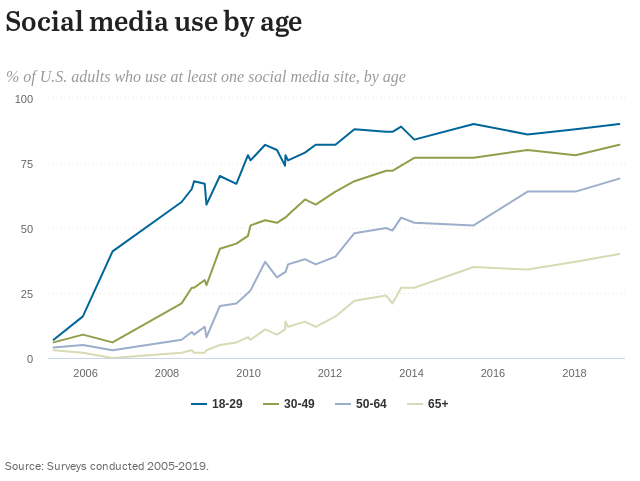Dragonfly Capital: Four Reasons Why Privacy Coins Have Not Exploded Yet
Author: Haseeb Qureshi, Managing Partner at Dragonfly Capital
Original Title: 《Why Privacy Coins Haven't Taken Off》
Compiled by: Hu Tao, Chain Catcher
The opening of the 《Cypherpunk Manifesto》 states: "An open society in the electronic age needs privacy." Yet privacy coins—cryptocurrencies with strong privacy features—have failed to take off. The value of Monero and Zcash today is lower than it was in 2018. In contrast, the value of ETH is more than twice its peak in 2018.
This is just the price, but the adoption metrics are not much better. Even in the darknet markets where you would expect privacy coins to thrive, BTC remains the preferred asset.

Of the existing Zcash tokens, less than 10% are shielded or private. The growth in users and transactions is overall mediocre compared to smart contract platforms.
Privacy coins are disappointing. Why haven’t they taken off?
There are four main reasons.
1. No One Wants to Transact with Privacy Coins
While people may wish for their money to be private, they do not want to pay each other with privacy coins. When most people think of "privacy cryptocurrencies," they think of private BTC or ETH, or perhaps private stablecoins. Very few actually want to use a special token to settle debts, defined solely by its potential for privacy.
This is why Ethereum-based privacy systems like Tornado Cash have so much more usage in comparison. Tornado brings privacy to where people actually are—on smart contract chains, using the currencies they actually want to use, like ETH, USDC, or DAI. In contrast, the wallet experience, exit, and liquidity of Monero are so poor that most users give up.

Another reason for Tornado's success is that it internalizes the cost of privacy to the users who genuinely care about it, rather than forcing everyone to bear the cost of privacy. This brings us to the second reason why privacy coins have not succeeded.
2. Privacy Isn’t Easy Yet
HTTPS is the encryption protocol used to access almost every website today, and its history tells us that people will only choose privacy when it is easy.
Website connections used to be plain text. Initially, HTTPS was only used for websites handling credit card or banking data because it was slow and cumbersome. It was only when the computational costs became cheap enough that websites could enforce HTTPS without users noticing that it became the default.
A similar thing happened with messaging services. WhatsApp is the largest end-to-end (E2E) encrypted service, quietly enabling E2E encryption in 2016 without consulting users.
The impact of these two changes on internet privacy may be greater than anything else, and neither involved users intentionally making more private decisions.
Compare this to the difficulty of using Monero or Zcash for everyday transactions. Both require complex technology and impose very high friction to protect individual privacy.
This brings us to the third reason for the failure of privacy coins.
3. Most People Don’t Care About Privacy
This is the unsettling truth behind the failure of privacy coins.
Look at the preferences people reveal. They use social media applications that sell data to third parties. They use Venmo and publicly share their payments with the world. They use SMS, which is stored in plain text and can be subpoenaed by law enforcement, while WhatsApp, Signal, and Telegram are free and readily available.
It’s easy to blame this situation on a lack of consumer awareness, but that’s not the case. Take social media companies as an example: despite a series of massive scandals from Cambridge Analytica to last year's Twitter hack, social media usage has never been higher.

Privacy is a public good. The iron law of economics is that free markets underprovide public goods. If only a few users adopt privacy-preserving technologies, their use will become stigmatized. Compare the ubiquitous and normalized end-to-end encryption of WhatsApp with Monero, which is equally private but immediately labeled as suspicious.
There are two potential types of people here. First, some people simply do not care about serious privacy; they just want their neighbors, spouses, and friends not to know what they are doing. Blockchains like Bitcoin or Ethereum are sufficient for them. Their less tech-savvy friends won’t be able to track their activities.
Then there are privacy-conscious individuals who want strong enough privacy controls to fend off sophisticated third parties. If used correctly, technologies like Monero are sufficient to deter businesses, governments, and motivated attackers. But all of this comes at a high cost.
Few are willing to pay the price that the privacy-conscious group is willing to pay for privacy. Until the costs of privacy decrease significantly, we should not expect to see a shift into the cryptocurrency space akin to the transition to HTTPS.
This brings us to regulation.
4. To Survive a Bear Attack, You Don’t Need to Run Faster than the Bear—You Just Need to Run Faster than the Person Behind You
Privacy coins have been a primary target of regulatory scrutiny. When regulators are asked to "do something," the easiest regulatory target is the shadowy privacy coins.
In terms of regulation, we have seen a large number of privacy coin delistings in South Korea, Japan, the UK, and the US as governments have been tightening the noose around privacy coins (see here, here, and here).
The crypto lobby is growing, with many retail and institutional players now holding BTC and ETH. But few institutions are willing to advocate for privacy coins. Many would rather let privacy coins become sacrificial lambs than let the entire industry be tainted.
I appreciate the bold work that Coin Center and the Electronic Frontier Foundation are doing to protect the civil liberties of Americans through the use of privacy-preserving technologies. But I worry that when it comes to privacy cryptocurrencies, they are fighting a battle that is destined to fail.
Until then, regulators are expected to continue using privacy coins as scapegoats, and their acceptance and liquidity are likely to be affected as a result. If I were a gambler, I would hope that painless privacy solutions combined with decentralized finance and stablecoins become the largest growth area in the privacy space.



























